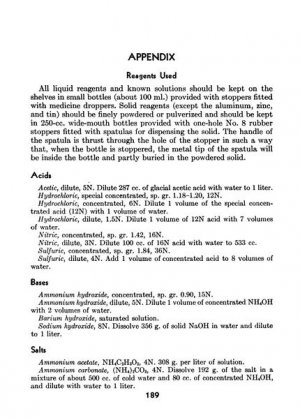- Joined
- Sep 28, 2013
- Messages
- 4,316
Ditto.You have to state whether the concentration is weight/weight or volume to volume. When I worked in an analytical chem lab back in the seventies, we used a dilution of 1 part sulfuric acid to three parts water which is a 25% v/v. solution. Sulfuric acid has a sp.gr. of 1.83 so this would be a 38% w/w solution. I noted at the time that this was very close to the concentration of battery acid. Thinking about it, maybe we used that concentration because I worked for a battery company?
A 19% w/w concentration would be an 11.4% v/v concentration. It is simpler and safer to dilute acid by volume rather than weight. I dilute battery acid 1 part acid to 1 part water by volume for anodizing.
I have a degree in chemistry and my first professional job was as an analytical chemist for a national battery company. My 43rd ed. of the CRC Handbook of Chemistry and Physics, pp. 1664, has a page devoted to dilution of acid by volume for sulfuric, hydrochloric and nitric acids.You can buy sulphuric acid, or you can buy battery acid. I stated, very clearly, I used battery acid. If you buy battery acid it is clearly labelled on the container it is 35 percent sulphuric acid. I don't know what lab you worked in, but dilution rates are measured by weight, not volume. However, the dilution rate is not super critical.
Well, if you have a degree in chemistry you should know that acid and water do not weigh the same, that is why, dilution rates are measured by weight not volume.

